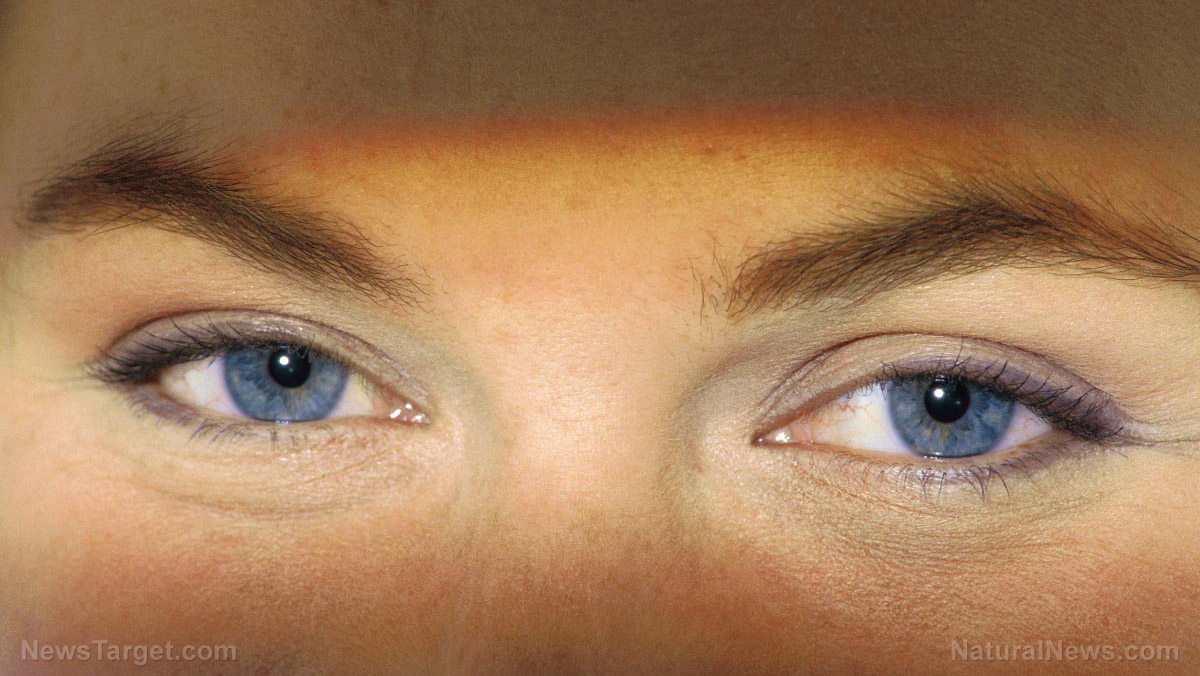An eye-opener: Hyacinths found to contain compounds that can cure blindness caused by diabetes
09/25/2019 / By Melissa Smith

Losing your eyesight due to an illness such as diabetes can be devastating, but this could soon be a thing of the past – thanks to a common garden flower. Researchers have discovered a potential solution for preventing blindness using natural compounds found in the Hyacinthaceae plant family. A study published in the Journal of Natural Products suggested that hyacinths could be the key in treating and preventing blindness caused by diabetes, as well as other eye diseases, such as macular degeneration and retinopathy of prematurity (ROP).
Diabetes can cause a complication called diabetic retinopathy, a condition that occurs due to high blood sugar levels that damage the back of the eye. It often takes several years before it damages the eyesight. If left untreated, it can lead to blindness. This condition is one of the most common complications of diabetes, affecting 28 million people worldwide. Wet macular degeneration (MD), the advanced and damaging form of MD, is one of the leading causes of blindness in the world. It affects 20 million older adults globally. Babies, particularly premature babies, may also develop ROP – a condition that could lead to blindness. One out of every five pre-term babies develops ROP.
These conditions are often treated with drug injections directly into the eyes. This puts patients at risk of tearing and painful infections. Fortunately, with the findings of the study, these harmful injections could be avoided.
“Existing therapies for these diseases must be injected into the eye, and do not work in all patients,” said Tim Corson, one of the researchers of the study.

For the study, the researchers from the University of Surrey and Kingston University in the U.K. and Indiana University in the U.S. examined homoisoflavonoids found in the Hyacinthaceae plant family and their potential for use in treating the causes of degenerative eye diseases. They focused on how well these compounds were able to inhibit the growth of new blood vessels and isolated several active compounds.
The team found that homoisoflavonoids can stop the growth of abnormal blood vessels in the eye. In particular, they discovered a derivative called chromane, which showed the best activity against degenerative eye diseases and can be used to develop future treatments.
Other health benefits of hyacinths
Hyacinths have a long history of use in traditional medicine. Almost all parts of the plant have medicinal benefits – making it beneficial for skin and hair health. (Related: Useful way to repurpose invasive weeds: Water hyacinth, an invasive plant to river ecosystems, may prove useful for oil sorption.)
One of the benefits of hyacinths is its ability to treat skin problems. The plant, particularly its leaf extracts, can be mixed with rice flour and turmeric to treat skin problems like eczema. Hyacinths are also great for the skin – in fact, many skincare products contain hyacinth. It has antimicrobial, antifungal, and antibacterial properties.
For the hair, hyacinths offer great fragrance and are often used in shampoos and conditioners because of their fresh floral scent.
The stems of the hyacinth can also be used to treat the symptoms of cholera. Stir-fried hyacinth beans can also reduce symptoms like nausea and vomiting. In some cases, hyacinths may be used to treat sore throat. The juice extracted from the pods of the plant can help heal an inflamed throat and ears.
Hyacinths also serve as an anti-inflammatory agent. In the Philippines, hyacinth juice is combined with lemon juice is used to treat abscesses. It is also applied topically to heal inflammation. In traditional Chinese medicine, the beans are stir-fried and consumed for healthy digestion and keeping the spleen healthy. The herb is also used to treat diarrhea, distended stomach, flatulence, intestinal worms, and nausea. In Kenya, some tribes use this herb, particularly its beans, to promote lactation. Its flowers are also used to help women who suffer from irregular periods.
Sources include:
Submit a correction >>
Tagged Under:
age-related macular degeneration, aging, alternative medicine, angiogenesis, blindness, degenerative eye diseases, diabetes, disease treatments, eye health, eyesight, herbal medicine, Herbs, Homoisoflavonoids, hyacinth, natural cures, natural medicine, plant cures, plant medicine, prevention, proliferative diabetic retinopathy, remedies, research, retina, retinopathy, vision loss, Wet macular degeneration
This article may contain statements that reflect the opinion of the author



















